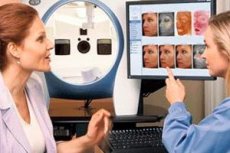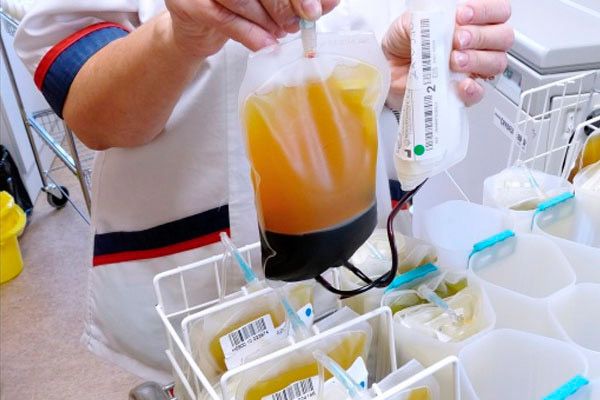New publications
Scientists continue to look for ways to rejuvenate
Last reviewed: 02.07.2025

All iLive content is medically reviewed or fact checked to ensure as much factual accuracy as possible.
We have strict sourcing guidelines and only link to reputable media sites, academic research institutions and, whenever possible, medically peer reviewed studies. Note that the numbers in parentheses ([1], [2], etc.) are clickable links to these studies.
If you feel that any of our content is inaccurate, out-of-date, or otherwise questionable, please select it and press Ctrl + Enter.

A recent experiment with transfusing blood plasma from young rodents to old animals, which showed quite effective results, has excited not only the scientific community but also the public. Scientists began to discuss the possible prospects of this discovery, but in fact it is too early to say that transfusing “young” blood can really improve the condition of elderly people.
Although experiments with blood transfusions are relatively new, Peter Thiel, a major investor in Facebook, has become interested in rejuvenating blood injections, and at least one company is already developing drugs based on this rejuvenation method.
But recently, an article appeared in one of the well-known journals, in which scientists questioned the method of rejuvenation using "young blood". As further experiments showed, a positive effect was not always observed after blood transfusion between experimental animals of different ages. The blood of a young animal does not affect the body of an old animal, but old blood, on the contrary, turned out to be dangerous for a young organism and caused a number of health problems, in particular with internal organs.
Scientists assume that throughout life, molecules accumulate in blood cells that underlie the aging of the body, and experiments confirm the fact that young blood is not a cure. The head of the scientific group, Irina Konboy, conducted an experiment in 2005 to combine the organisms of a young and an old rodent surgically. The method used by Konboy's team is called parabiosis and involves a free exchange of blood between the two organisms. During the experiment, it was found that the old mouse had tissue restoration that had undergone age-related changes. Rumors immediately began to spread in the press that young blood helps to rejuvenate. But scientists note that with parabiosis, not only blood is exchanged, the old rodent also received the opportunity to use the internal organs of the young one, in particular its heart and lungs. In the latest study, scientists used another method, in which only blood was exchanged. A month later, the specialists checked the health of the experimental rodents and were puzzled - the blood exchange did not affect the condition of the old mouse, its condition remained unchanged, while the body of the young rodent underwent significant changes, and not for the better. All of the internal organs of the young mouse began to function worse, especially the brain cells suffered.
Experts believe that molecules that accumulate in the blood throughout life can affect the growth and development of cells, in particular, stop these processes. According to Conboy, these molecules may be stronger than the molecules present in young blood cells, which led to a sharp deterioration in the health of young rodents after exchanging blood with older animals.

Now scientists are faced with the task of identifying these molecules in the blood. There are a lot of them in old blood, but it is possible that there is a main group of molecules that controls all the others. Scientists intend to determine how the old organism will react to various actions with such molecules.
It turns out that scientists have refuted the widespread opinion that transfusions of young blood can affect the aging process and rejuvenate the body. But the new study may help scientists find a way to "reset" the biological clock.

 [
[